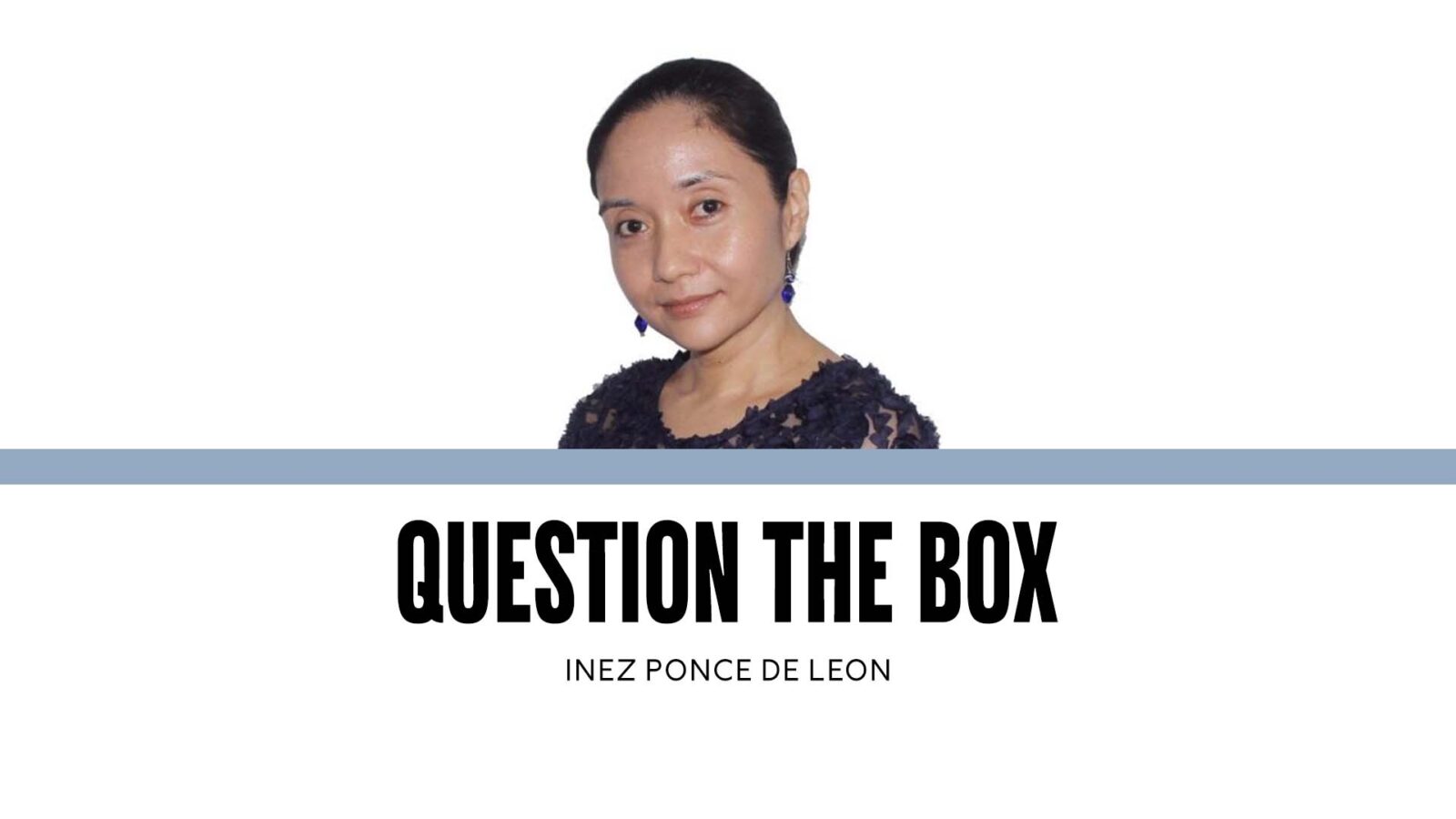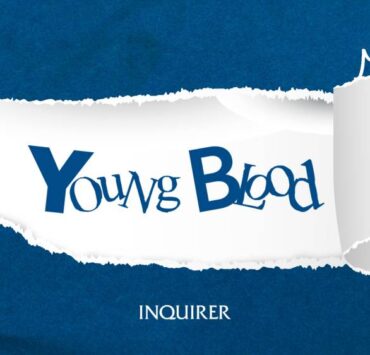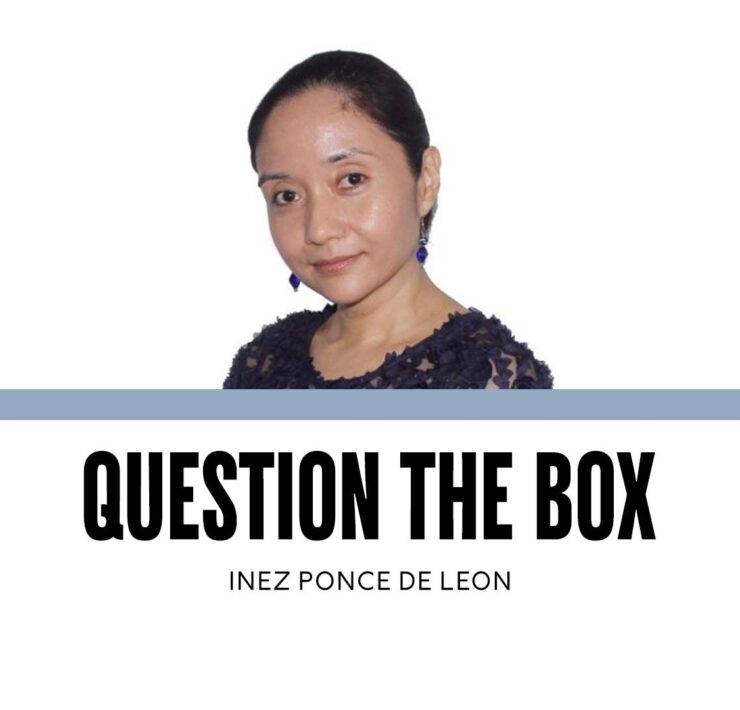To speak of true freedom

Ex-prisoners were the students’ special guests at a recent Ateneo event. They were members of a program under the Philippine Jesuit Prison Service (PJPS), where they made and sold coffee as a way to return to society after years behind bars.
The program is called, playfully and meaningfully, Ex-Preso, a play on both the former prisoners’ past and the coffee they now serve.
There are next to no reintegration programs in the country, and the PJPS has worked for decades to help ex-prisoners, who often find themselves returning to a changed, unforgiving world.
Ex-Preso is not just a livelihood program that focuses on profits; it aids the ex-prisoners’ journey of formation. Coffee becomes a metaphor: its slow brewing is also an “intentional steeping of identity, trust, and integration,” according to the PJPS website.
Ex-prisoners are educated not only on making coffee, but also on turning inward for reflection and outward for dialogue. The program allows them to gain control over their lives; to see places that they only ever dreamed of seeing as the Ex-Preso coffee truck hops from one location to the next; and to share their stories with those who are willing to listen rather than judge.
At the event, the students weren’t only given the chance to listen to the stories of former prisoners, but also to think deeply about what freedom means.
For the members of Ex-Preso, freedom was not gained by a mere change of location, but is constantly constructed through daily effort, as they rediscover who they are—and especially when they must fit into a society that sometimes sees crime as a permanent stain into families that once voted a president who condemned rather than sought out reformation, into a world where the stigma of sin is greater than a so-called Catholic society’s capacity to forgive.
Some of my former students were at the session, and they wrote lovingly of their encounters. Their small discussion circles helped my students exchange stories with the members of Ex-Preso, until they could see so few differences between themselves and people who had spent decades locked away from the world.
As one of the former prisoners said: “Lahat naman tayo may kasalanan, kami lang ‘yung nahuli. (All of us are sinners; we’re just the ones who got caught.)”
Last Sunday was Prison Awareness Sunday, and it was a timely reminder of the nature of incarceration. We often equate prison with jail: the hammer of justice banging down to keep a monster away from the world; the judgment that pronounces a human being as a bloodthirsty animal that must be restrained; the rage of society as it looks upon prisoners with fear and the formerly incarcerated with disdain.
Prison, however, also speaks to the bars we build around ourselves, and those we inherit. Philosophers and sociologists have used it as a metaphor for years: Jeremy Bentham’s panopticon represents surveillance and the surrender of civil liberties. Max Weber’s iron cage speaks of an industrial society in which people are so specialized and processes are so bureaucratized, all in the name of efficiency that has taken away our creativity and freedom.
A catechist or psychologist could talk endlessly about the prison of vices, greed, and desire. An atheist might call religious belief a prison for the mind. There is so much to be said about the bars, and yet so little to be said in the name of compassion for those who have left them behind.
In the last few years, we’ve seen a society grow online that has helped push the narrative of the hopeless, uncontrollable drug addict who is permanently a monster, responsible for all the ills of society, a pestilence that must be expunged.
There was no fair trial for the poor, no questioning of the broken social structures that actually led to the abuse, so little skepticism about the statistics being put forth that alleged how we were so awash in drugs that there was no other recourse but a purge.
The poor died on the streets, and the privileged wicked fled to their mansions. The accused left behind grieving families, and the still-living wicked treated theirs to luxury.
And when the instigator was taken to the International Criminal Court for trial, there suddenly rose a clamor for justice, understanding, compassion, and due process—none of which had been granted to the voices forever silenced, all of which are actually being served now, in an air-conditioned chamber in another country where prisoners are treated humanely.
The clamor is loud online, and the offline protests look ridiculous when put next to protests against corruption. In a call for freedom for the one person who had no compassion for those without it, the protesters are crafting their own iron bars, as they cling too hard to their beliefs, disregard all evidence implicating their idols in evil, and condemn those who speak the truth today.
The Ex-Preso were just caught, and are now freely brewing coffee. These fanatics, on the other hand, are still living in a prison they built around themselves.
—————-
iponcedeleon@ateneo.edu


















A mindset for public service